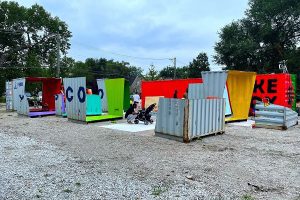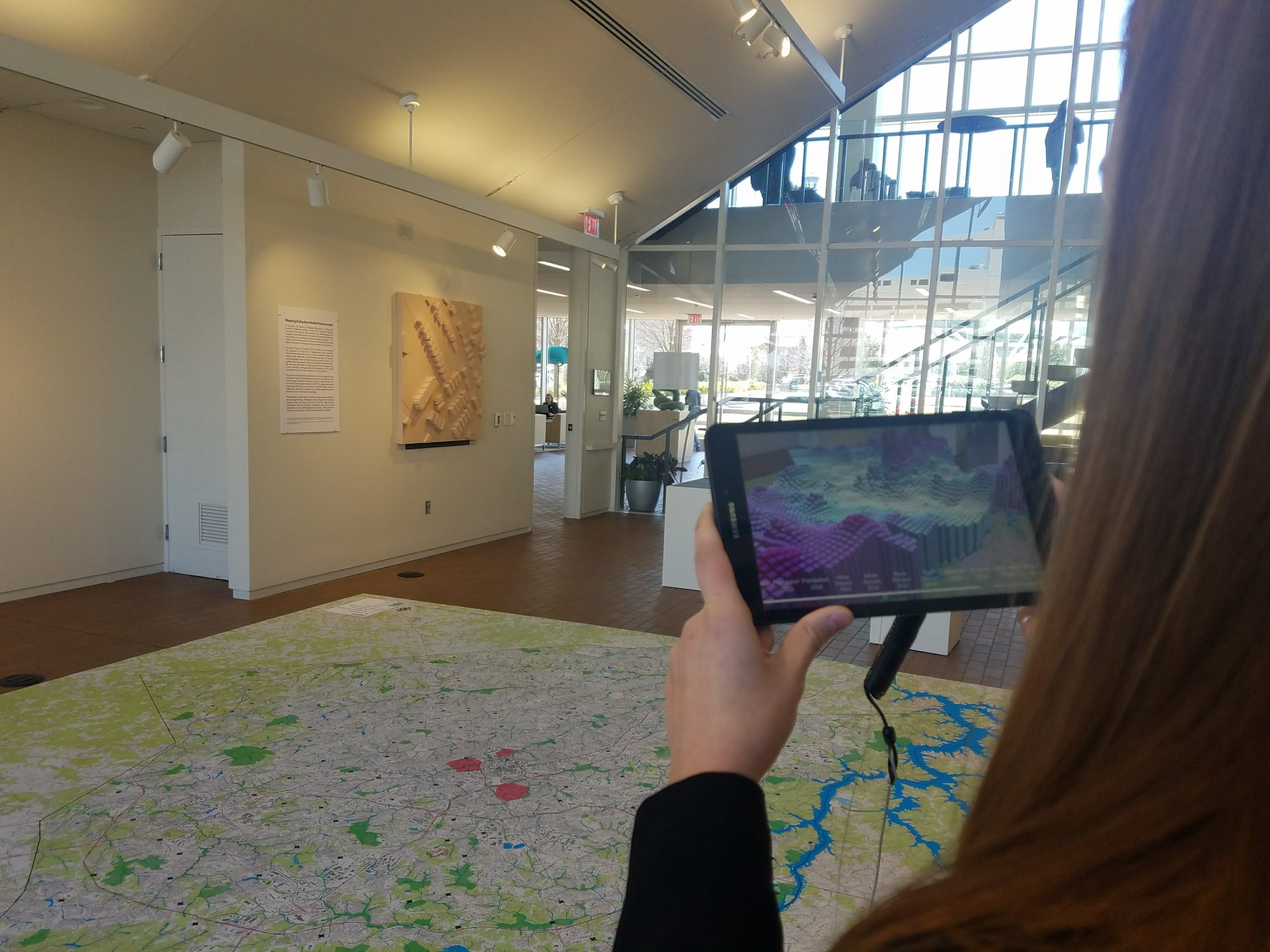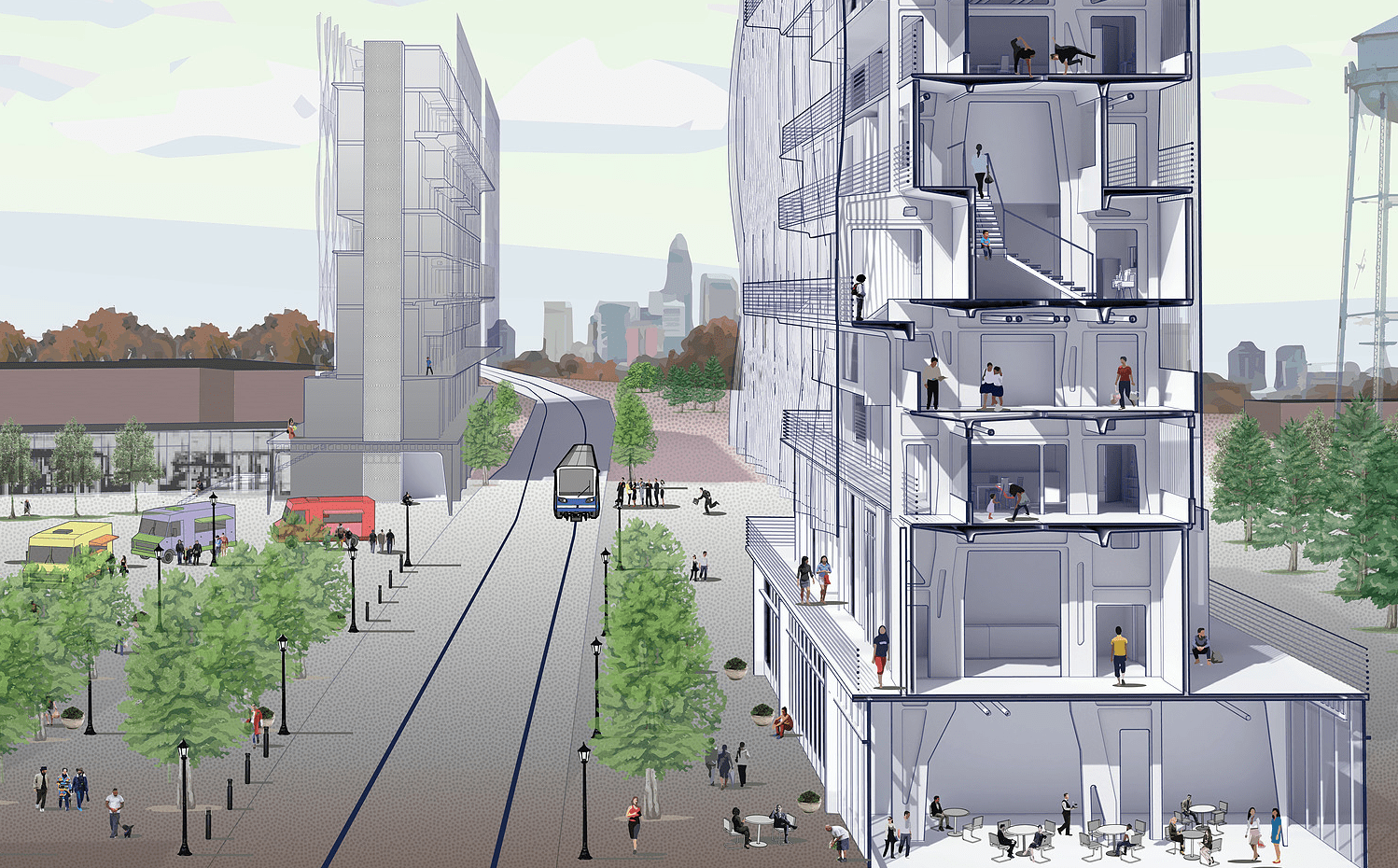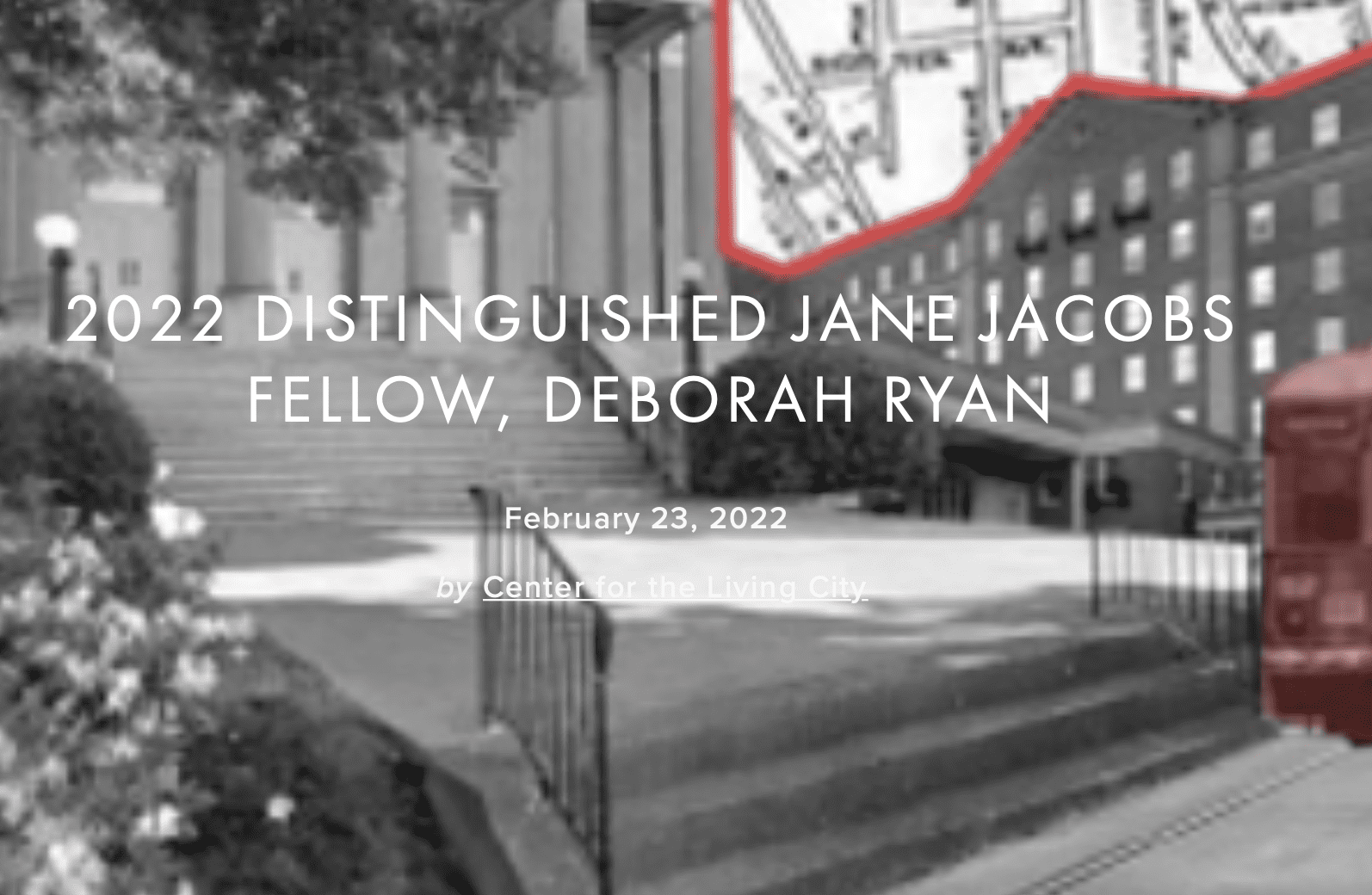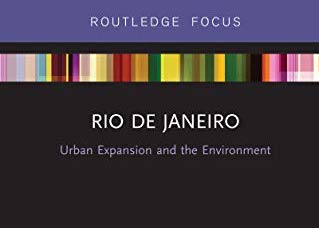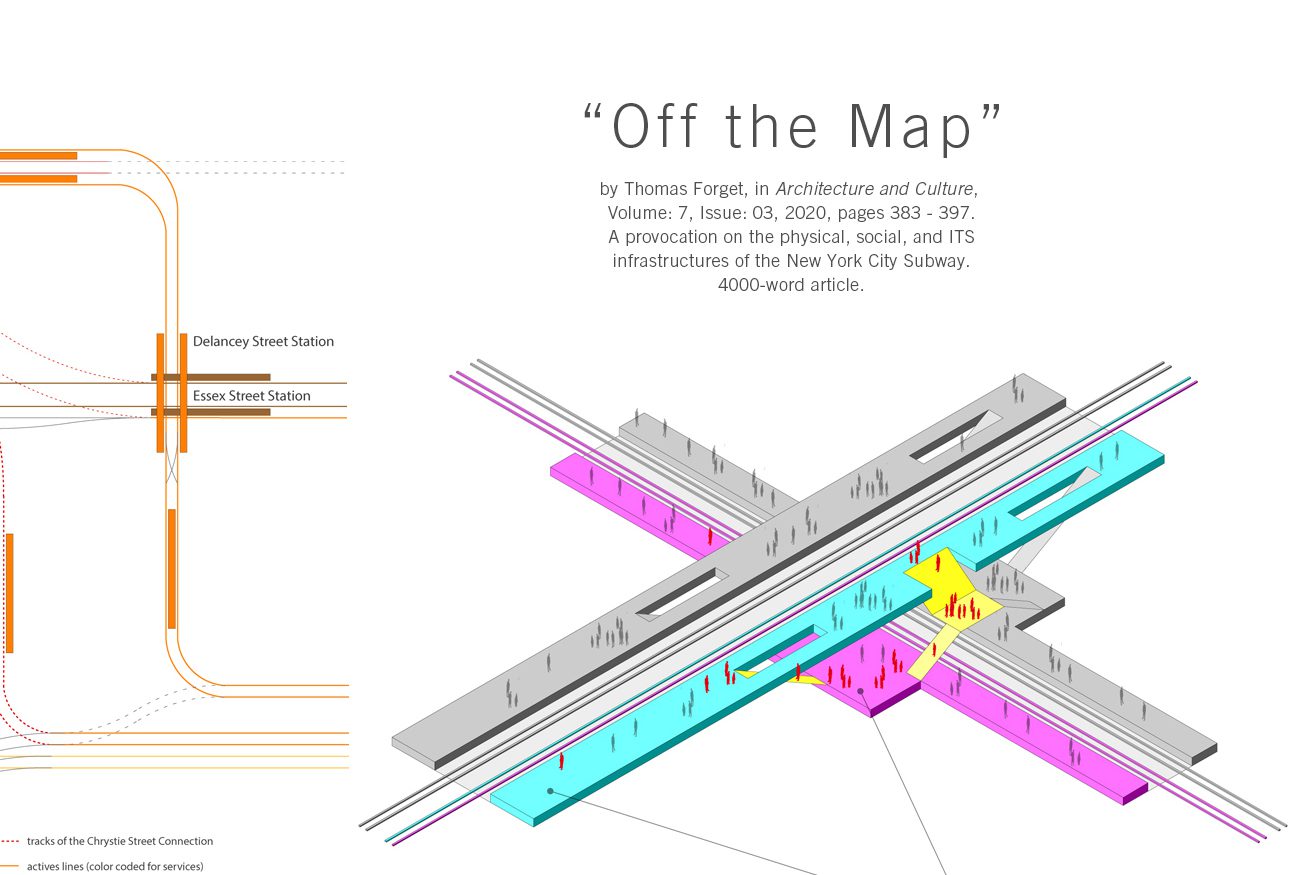The Engaged City
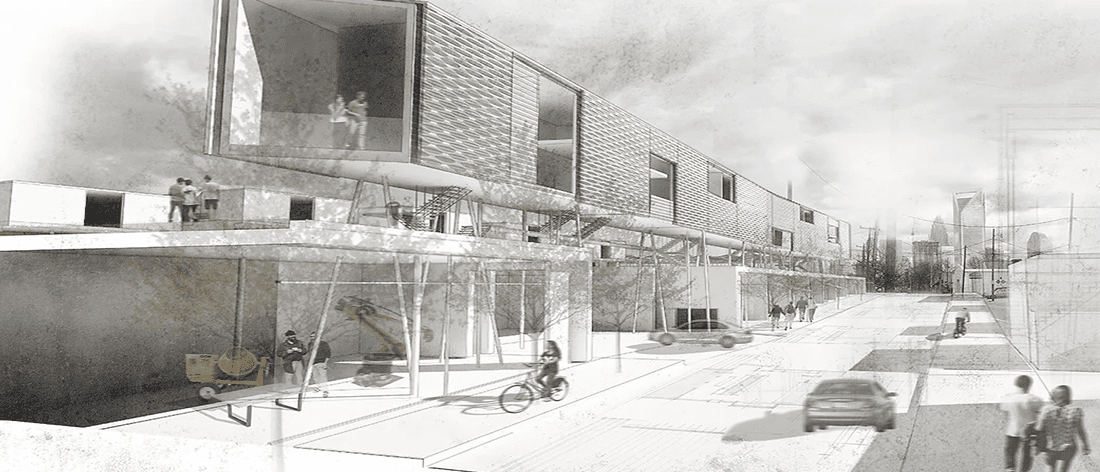
The Engaged City explores a set of tactical urban design practices involving new approaches to community engagement, analysis, and the design of metropolitan regions. The School’s designLAB (dL) serves as a creative hub for imagining innovative models of future housing, schools, mobility networks, and other urban programs. Students may explore this area in courses such as Global Information Systems (GIS), Urban Analytics, and the Community Planning Workshop. They may also pursue a Master of Urban Design degree, which may be combined with a Master of Architecture or MS in Real Estate.
Engaged City | EXAMPLES
Chicago Architecture Biennial
Sekou Cooke has designed and built an installation, “Grids + Griots”, for the 2021 Chicago Architecture Biennial (CAB), the largest international survey of contemporary architecture in North America. The pavilion represents a concept explored in his recent book, Hip-Hop Architecture.
Read more →
Envisioning Urban Futures through AR
Lee’s project, “Transforming City of Charlotte with Immersive Visual Data”, is one of seven recipients of $1 million in funding from the John S. and James L. Knight Foundation to foster civic engagement through access to public data. During the course of the project, an immersive platform that provides 3D visualizations of future developments in Charlotte neighborhoods will be developed.
Read more →
PRESSING MATTER Affordable Housing
Chris Jarrett’s and Peter Wong’s proposal for an affordable housing complex in a former industrial zone seeks to shift from the heroic use of steel to a softer, smoother state. “We propose that pressure forming metal via stamping and tooling processes can advance steel as a more subtle and seamless alternative to tectonic techniques”.
Read more →
Jane Jacobs Fellowship
For her fellowhip, professor Deborah Ryan will draw on the seminal work of Jane Jacobs, Kevin Lynch, Jan Gehl, Gordon Cullen, John Stilgoe and others to build an observational methodology for architecture and urban design students in the United States. Her goal is to develop a way of site seeing that combines the authoritative models of rational mapping with a more feminist, sensorial and experimental way of knowing.
Read more →
Rio De Janeiro: Urban Expansion
Using Rio de Janeiro as the case study city, José Gámez’s book highlights and examines issues surrounding the development of mega-cities in Latin America and beyond. Complex dynamics of urbanization such as mega-event-driven development, infrastructure investment, and informal urban expansion are intertwined with changing climatic conditions that demand new approaches to sustainable urbanism.
Read more →
OFF THE MAP
The New York City Subway is unusually fertile ground for transportation intelligence. Thomas Forget’s publication is a provocation on urban mobility in the Information Age, a speculative reimagination of the Subway that considers a scenario in which, through the adoption of an advance mode of ICT, the Subway leverages the flexibility of its track network so as to forge a new logic of rapid transit.
Read more →
